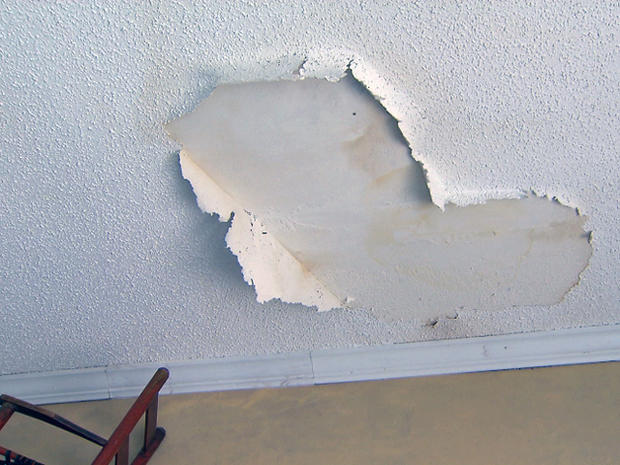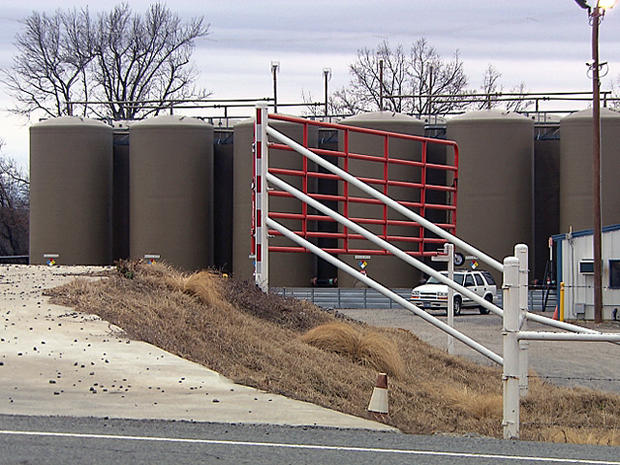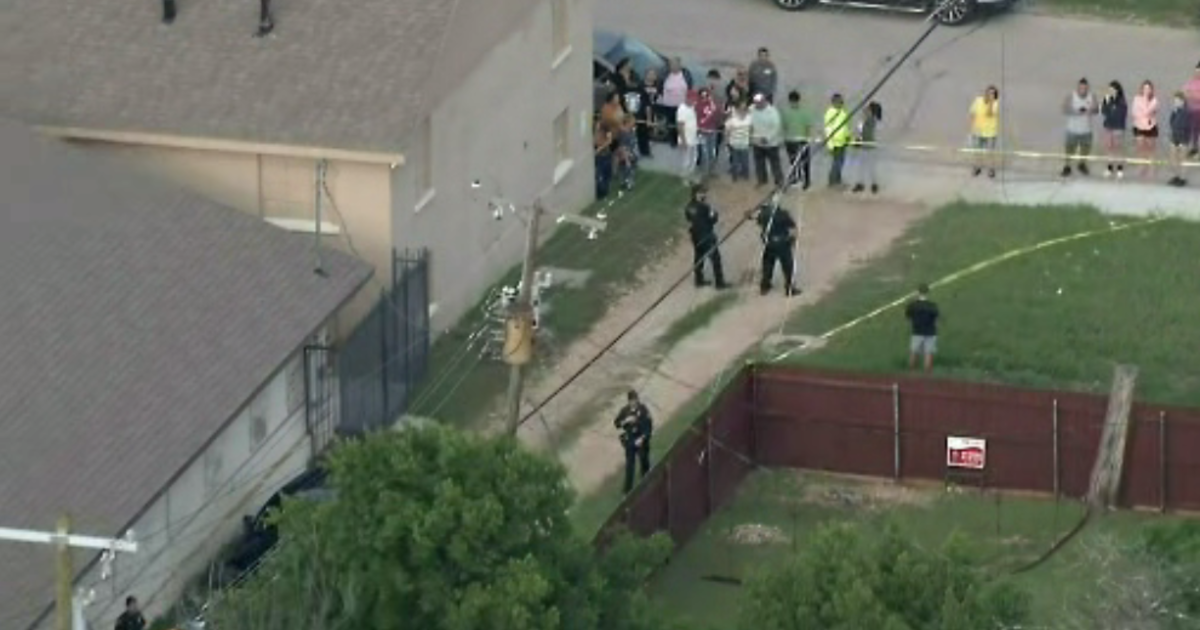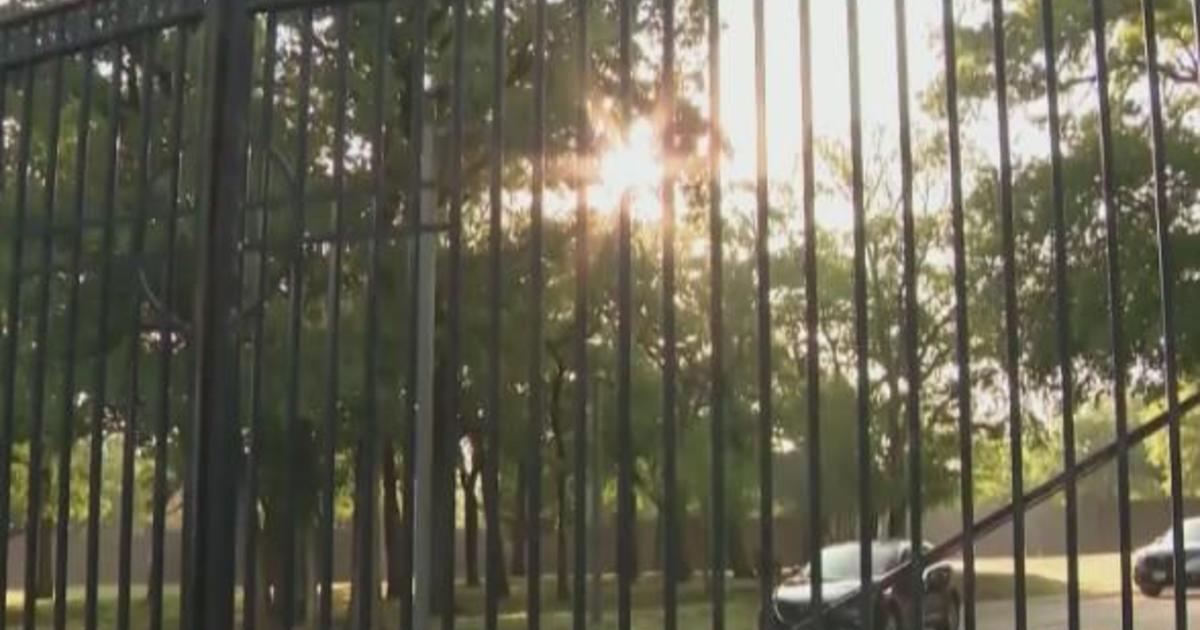State Takes Fracking Action After Swarm Of Earthquakes
NORTH TEXAS (CBSDFW.COM) - The ground is still shaking in northern Parker and Tarrant County. A system of seismic monitors is still picking up small movements. However, it's been more than a month since the last 3.0 earthquake in the area. The Texas Railroad Commission is still in the process of hiring a seismologist to help look into more than 30 quakes since the fall.
People have been shaking from unexpected quakes in Oklahoma, Ohio and Arkansas. When it happened north of Little Rock, however, the state took action, and the quakes there, have all but stopped.
The home Freddy Miller raised his family in, is now the home he doesn't want to sleep in anymore.
"I don't," he said. "I'm looking for a firm piece of ground somewhere."
Miller's home has doors that don't shut, walls that won't stay together, and a pool that keeps draining. It's damage, he said was never there three years ago.
"People in this area know what has happened," Miller said. "They know especially right here close to our home what has happened."
Miller's home was right in the middle of a sudden swarm of earthquakes in 2010 and 2011. There were more than a thousand of them. Arkansas has seismic activity, but in the small town of Greenbrier, it had never been seen like this.
"We were having several earthquakes a night, to the point it was waking people up," said geologist Scott Ausbrooks. He started studying the quakes, for the Arkansas State Geological Survey.
"So we had to say is this a natural swarm, as we saw back in 1982 and 2001 or is this something related to what's going on now?"
What was going on, was just like in Texas, the energy industry in Arkansas had started drilling around Greenbrier for natural gas. And just like in Texas, wastewater from the work was injected deep underground. Ausbrooks says it put pressure on a fault line, no one had noticed before. The quakes didn't happened directly under the injection wells.
"What you do see however, where these earthquakes are, there's typically an injection well in the vicinity," Ausbrooks said.
The Arkansas Oil and Gas Commission took Ausbrooks research, and took action. It stopped any new injection wells from coming on line. Then as quakes continued, it stopped the use of injection wells in the area altogether. After experiencing earthquakes nearly every day, last year the area had just two.
"To me it seemed like they acted reasonably," said attorney Scott Poynter. "They tied together as many facts as they could before they made a permanent resolution."
Poynter is now representing Arkansas homeowners in lawsuits against the industry. The science is there, he told us, connecting the wells to the earthquakes.
The vice president for the Arkansas Independent Producers and Royalty Owners, which calls itself the voice of the state's natural gas industry, wrote in an email: "There is an acknowledged possibility of a connection."
CBS11 asked Ausbrooks if there is a way to make absolutely sure people avoid causing earthquakes.
"I think… I think we're going to have to do more research on that," he said. "I think that's something that can't be answered at this time."
Miller's case is still pending in federal court.
(©2014 CBS Local Media, a division of CBS Radio Inc. All Rights Reserved. This material may not be published, broadcast, rewritten, or redistributed.)
Latest News:
Top Trending:
- Texas City Working To Turn Sewer Water Into Tap Water
- Plano Man Killed After Reentering Burning Home To Retrieve Phone
- Allen ISD's $60 Million Football Stadium Closed For Months
- Spring One Day, Thundersleet The Next
- North Texas Man "Crowdfunds" $90,000 Birthday Party
- PHOTOS: Your Pet Pictures





